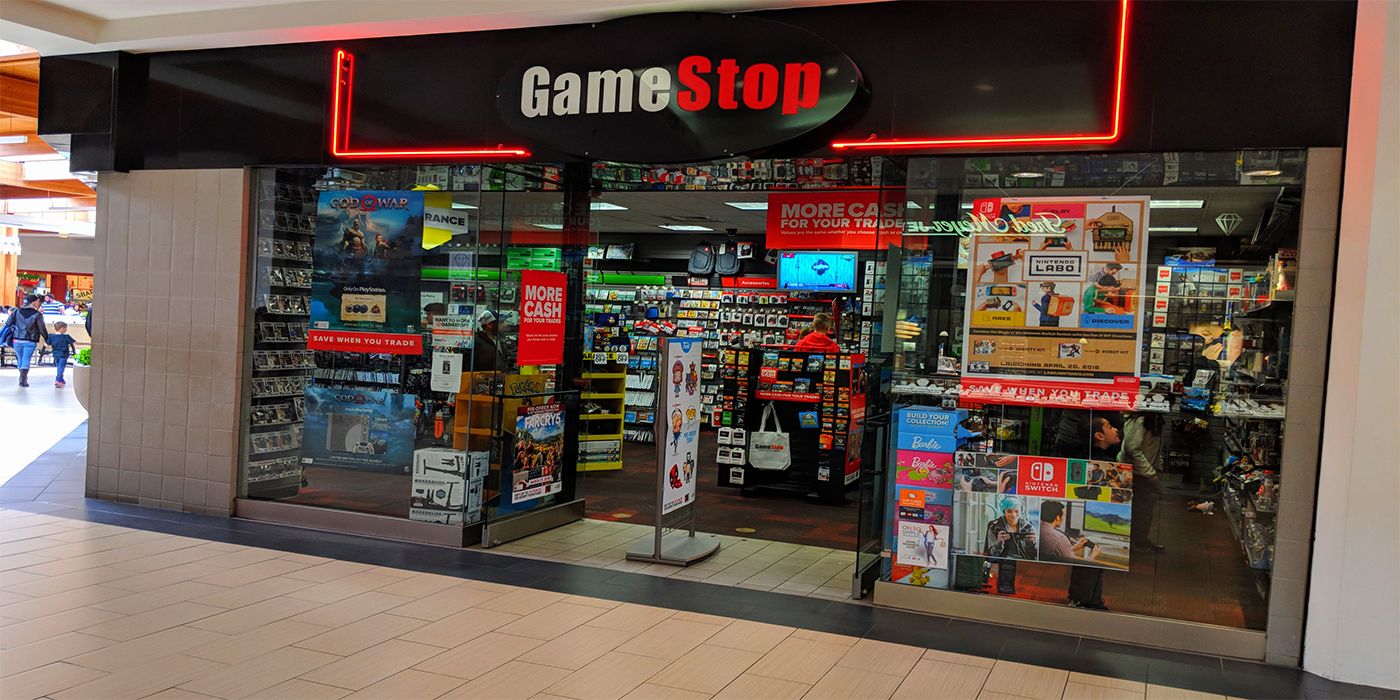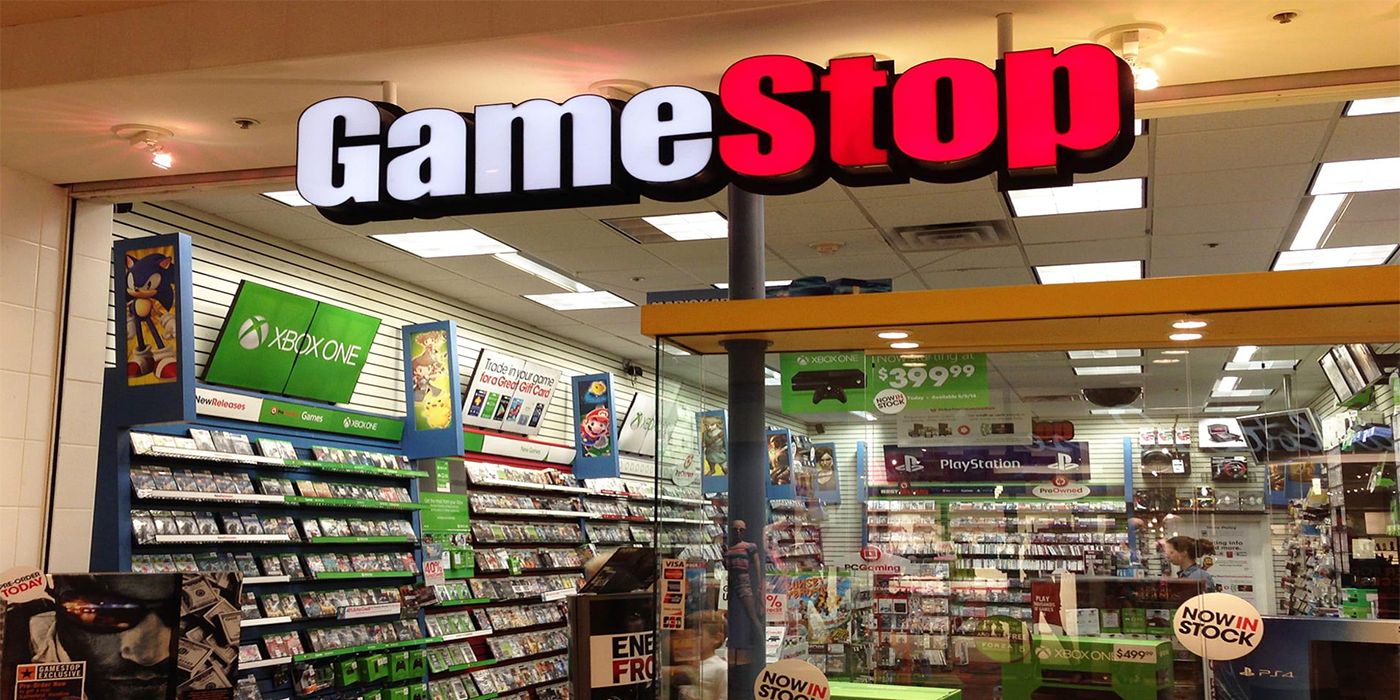The coronavirus pandemic has had a sharp effect on the US and global economy, leading to business closures, layoffs, and record-high unemployment rates. Meanwhile, video game retail giant GameStop has had financial troubles for quite some time now, casting a long shadow over the future of the company. And while the coronavirus caused a video game engagement spike, it appears GameStop's troubles persist.
During its Q1 investor's call today, GameStop revealed that its online sales had increased by 519% percent, a large jump spurred by coronavirus-caused closures of physical retail stores. GameStop itself closed the doors of 90% of its stores during that period, limiting most locations to curbside pick up. Early on, GameStop deemed itself an essential business, choosing to keep certain locations open during the pandemic. The move was unpopular and led to sharp criticism online.
Despite the growth in online sales, GameStop's net sales dropped from $1.5 billion in Q1 2019 to $1.021 billion in Q1 2019, with an operating loss of $108 million. Some of these losses were to be expected. As next-gen consoles near release, current-gen hardware will continue to decline, making the next few months arguably just as difficult for GameStop, especially as the coronavirus pandemic presses on, with a second wave a potential threat. The company's financial woes have caused GameStop's stock to steadily decline for the past few years.
GameStop CEO George Sherman stated that the company's priority is "focused on ensuring the safety and well-being of our employees, customers, and business partners as we continue the process of opening our stores." Previously, GameStop failed to provide basic cleaning supplies to its stores, leading to criticism from its employees and consumers.
Across the industry, digital video game sales are up, which poses a major threat to GameStop. GameStop's business model revolves around the "Circle of Life," in which gamers purchase games from GameStop that are subsequently traded back to the company, driving pre-owned game sales for the retailer. However, the decline of physical games threatens the company's way of life, leading to a heavier emphasis on collectible merchandise in its stores.
GameStop has also begun to try and adapt its business model, though it isn't clear if it has acted fast enough to save the company. GameStop intends to remodel its stores into "cultural centers" where players can come to socialize, try new games, and more — transforming into something along the lines of a local game shop. However, the coronavirus pandemic has thrown a wrench in those plans, leading to more uncertainty for the company's future.
Source: GameStop Q1 Earnings





